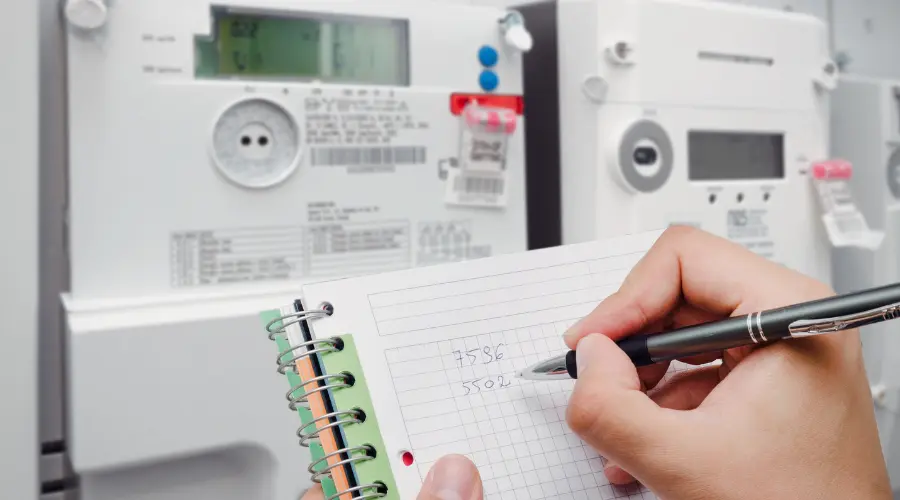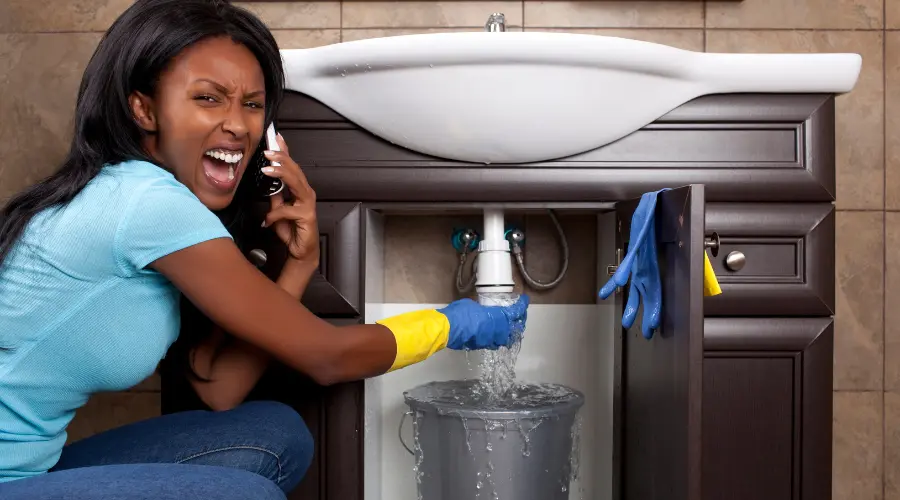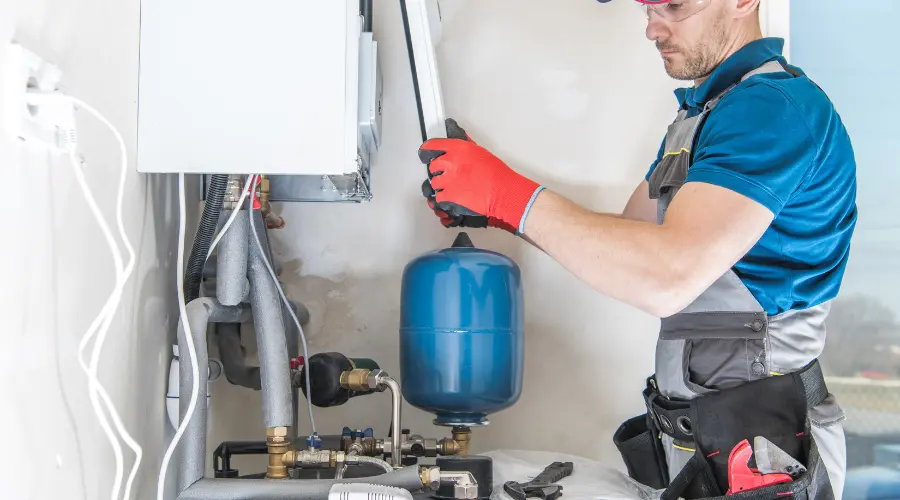Water heaters are essential for daily life, but corrosion can threaten their efficiency and lifespan. Learn how to spot and prevent corrosion and when to replace your unit.
Key Takeaway
- Corrosion Causes: Corrosion arises from metal, water, and oxygen interactions, often worsened by minerals or toxins in water.
- Warning Signs: Rusty water, corroded valves, and leaks are significant indicators of a failing water heater.
- Prevention Tips: Annual maintenance, anode rod inspections, and flushing sediments can extend your water heater’s life.
- Professional Help: Call West New York Plumbing and Heating at (201) 977–6775 for expert water heater services.
Why Does Corrosion Occur in Water Heaters?
Even though water heaters are designed to resist corrosion, combining metal, water, and oxygen creates an environment where chemical reactions can thrive. This process accelerates when toxins or minerals, such as calcium and magnesium, are in the water. Over time, corrosion weakens the tank and other components, leading to leaks, inefficiency, or total failure.
Signs of Corrosion in Your Water Heater
Knowing the warning signs of corrosion can save you from unexpected breakdowns or costly repairs. Here are the key indicators:
1. Rusty Water
If your hot water appears discolored or rusty, it clearly indicates that the tank’s interior or components are corroding. This problem is more common in water heaters over eight years old.
2. Corroded Valves
Inspect the water inlet and pressure relief valves for rust. Corrosion here suggests that rust has spread inside the tank. While flushing the tank with a vinegar-water solution might temporarily alleviate the issue, replacing the unit is often the best long-term solution.
3. Leaking Water Tank
Leaking tanks are a major red flag. Corrosion weakens the tank’s seams or drain valve, leading to water leaks. As soon as you notice a leak, contact a plumber to assess the problem and recommend the best action.
4. Rust at Pipe Connections
Rust or corrosion where steel and copper pipes meet can indicate galvanic corrosion, a specific type of electrochemical corrosion. Addressing this issue might involve replacing affected pipes and fittings while ensuring your water heater remains operational.
Preventing Water Heater Corrosion
By being proactive, you may greatly increase the lifespan of your water heater. Follow these maintenance tips to minimize the risk of corrosion:
1. Use Dielectric Nipples
Install plastic-lined, dielectric nipples to reduce galvanic corrosion at steel and copper connections.
2. Inspect and Replace the Anode Rod
The anode rod, a sacrificial metal component, prevents corrosion by attracting corrosive elements. To maintain its effectiveness, inspect it annually and replace it as needed.
3. Flush the Tank Annually
Sediments and minerals accumulate in the tank over time, accelerating corrosion. Flushing the tank once a year removes these deposits and improves efficiency.
4. Invest in Professional Maintenance
Hiring a licensed plumber to perform routine inspections and maintenance ensures your water heater remains in top condition.
How to Address Corrosion Issues
If you suspect corrosion in your water heater, follow these steps:
- Inspect for Visible Signs: Check for rust on the tank, valves, and connections.
- Test Your Water: Discolored or rusty hot water is a clear warning sign.
- Schedule a Professional Inspection: Call West New York Plumbing and Heating at (201) 977–6775 for a thorough evaluation.
Sometimes, replacing the water heater is the most cost-effective solution, especially if it’s nearing the end of its lifespan (10–15 years for most models).
Frequently Asked Questions (FAQ)
Q: How long should a water heater last?
A: Most water heaters have a lifespan of 10–15 years. Regular maintenance can extend this timeline.
Q: What causes water heaters to rust prematurely?
A: High mineral content in water, neglected maintenance, and worn-out anode rods contribute to early rusting.
Q: Can I repair a leaking water heater?
A: Minor issues like faulty valves can be repaired, but a leaking tank usually requires replacement.
Q: How often should I flush my water heater?
A: Flushing the tank annually helps remove sediment and prevents corrosion.
Q: Is rusty water always a sign of a corroded water heater?
A: Not necessarily. Rusty water can also be caused by old plumbing. Have a plumber assess the source.
Q: What is an anode rod, and why is it important?
A: The anode rod is a metal rod inside the tank that attracts corrosive elements and protects the tank from rust.
Q: When should I replace my anode rod?
A: Check the anode rod annually and replace it when it’s over 50% depleted.
Q: Can I prevent galvanic corrosion?
A: Use dielectric nipples or unions at steel and copper pipe connections.
Professional Water Heater Services
Expert help is invaluable when dealing with water heater issues. West New York Plumbing and Heating offers comprehensive services, including inspections, repairs, and replacements. Don’t wait for corrosion to cause significant damage—call us at (201) 977–6775 or fill out our online estimate request form today.
By staying proactive and seeking professional assistance, You can guarantee years of effective operation from your water heater.




